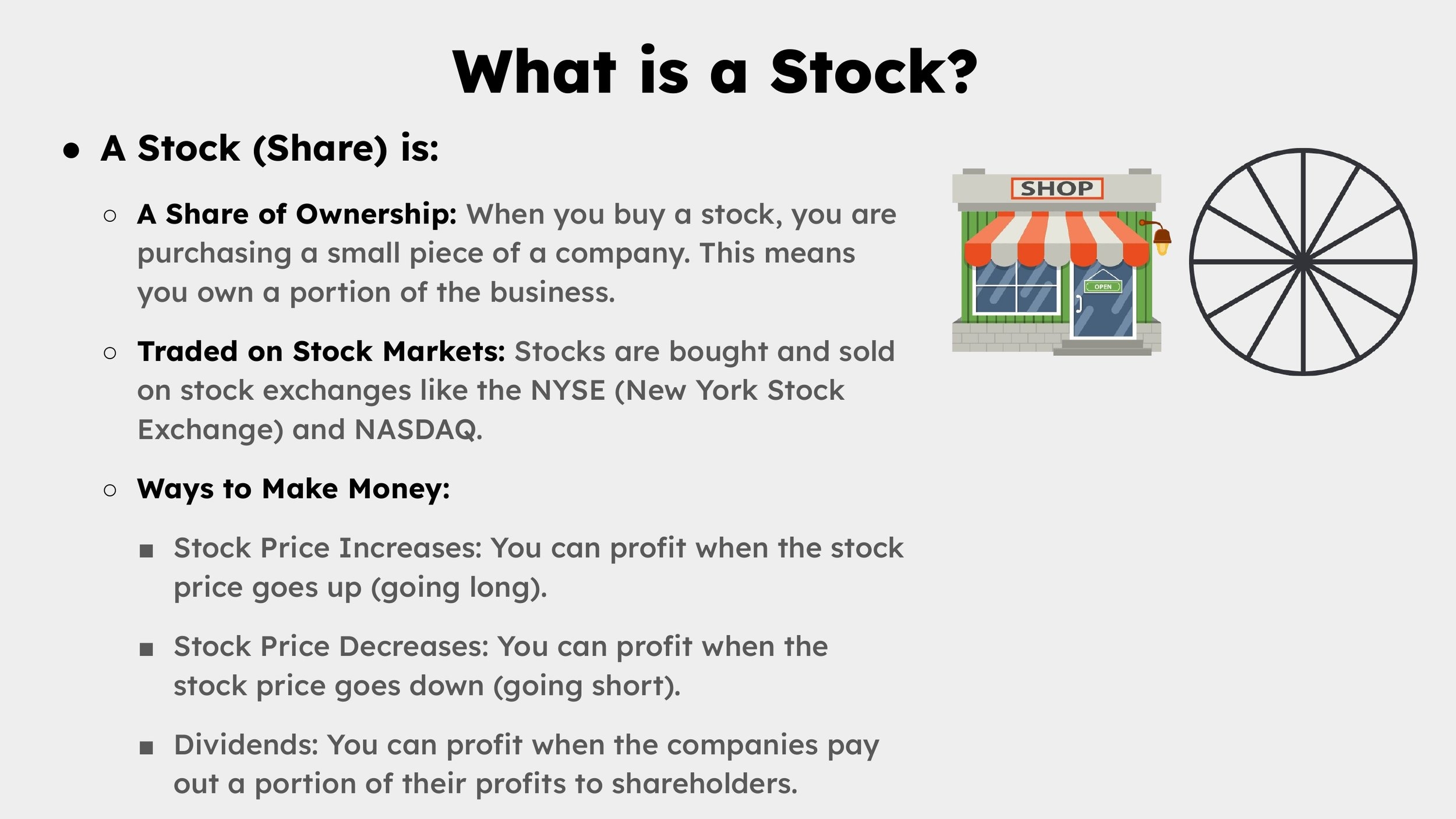Understanding the stock market can be a daunting task for beginners. With so many complex terms and concepts, it’s easy to feel overwhelmed. However, having a good grasp of the key terms used in the stock market can help you make informed decisions and navigate the financial markets with confidence.
In this article, we will discuss the top 10 stock market terms that every investor should know. Whether you’re a seasoned trader or just starting out, these terms will help you better understand the world of finance and make smarter investment choices.
Top 10 Stock Market Terms
1. Stock: A stock represents ownership in a company. When you buy a stock, you become a partial owner of that company and are entitled to a portion of its profits.
2. Dividend: A dividend is a payment made by a company to its shareholders. It is typically a portion of the company’s profits and is paid out on a regular basis.
3. Market Capitalization: Market capitalization, or market cap, is the total value of a company’s outstanding shares of stock. It is calculated by multiplying the share price by the number of outstanding shares.
4. Volatility: Volatility refers to the degree of variation in a stock’s price. A highly volatile stock is one that experiences large price swings, while a less volatile stock has more stable price movements.
5. Index: An index is a benchmark that tracks the performance of a group of stocks. Common stock market indexes include the S&P 500 and the Dow Jones Industrial Average.
6. Liquidity: Liquidity refers to how easily a stock can be bought or sold without causing a significant change in its price. Stocks with high liquidity are easier to trade, while stocks with low liquidity may have wider bid-ask spreads.
7. Short Selling: Short selling is a trading strategy where an investor borrows shares of a stock and sells them with the expectation that the price will fall. The investor can then buy back the shares at a lower price to make a profit.
8. Blue Chip Stocks: Blue chip stocks are shares of large, established companies with a history of stable earnings and dividends. These stocks are considered less risky and are often favored by conservative investors.
9. P/E Ratio: The price-to-earnings ratio, or P/E ratio, is a valuation metric that compares a company’s stock price to its earnings per share. A high P/E ratio may indicate that a stock is overvalued, while a low P/E ratio may suggest that it is undervalued.
10. Bull and Bear Markets: A bull market is a period of rising stock prices and optimism, while a bear market is characterized by falling prices and pessimism. Understanding the difference between bull and bear markets can help you make strategic investment decisions.
By familiarizing yourself with these top 10 stock market terms, you’ll be better equipped to navigate the complexities of the financial markets and make informed investment choices. Whether you’re a novice investor or a seasoned trader, having a solid understanding of these key terms is essential for success in the stock market.
Now that you’re armed with this knowledge, go forth and conquer the stock market with confidence!
